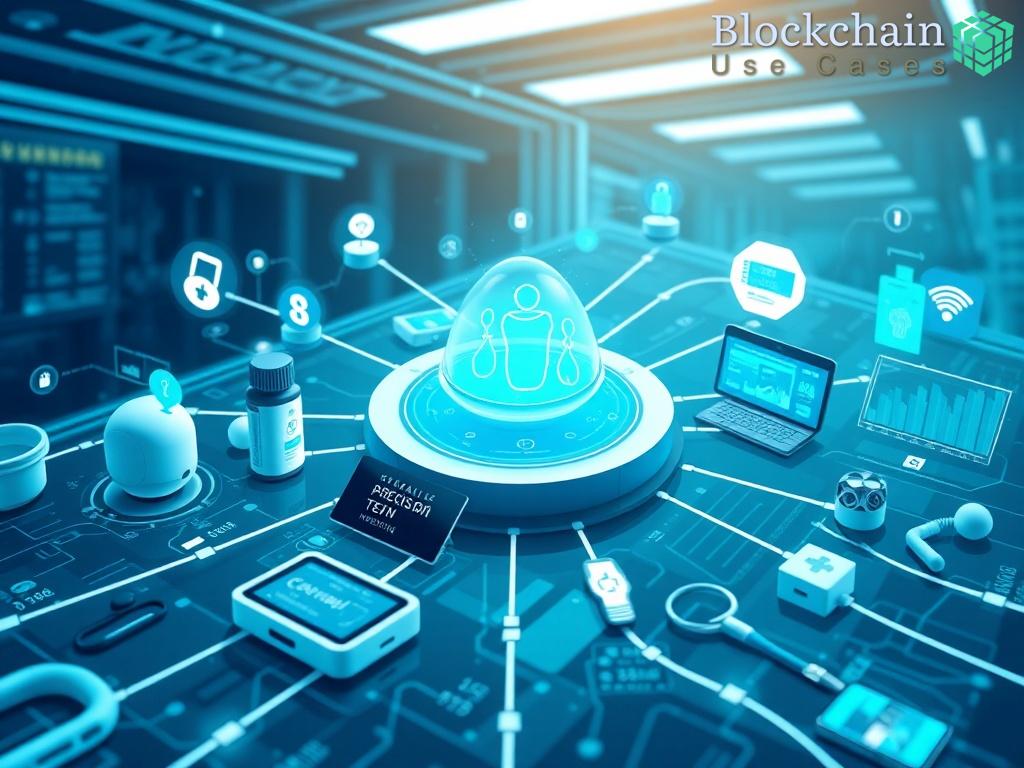Transforming Trust in IoT Networks

The rapid proliferation of Internet of Things (IoT) devices has transformed the way we interact with technology. However, as the number of connected devices grows, so does the urgency for robust security measures. Enter blockchain technology—a groundbreaking solution that offers a decentralized framework for identity management and authentication of IoT devices. By leveraging the immutable nature of blockchain, organizations can ensure that each device is uniquely identified and securely authenticated, paving the way for a safer IoT ecosystem.
Benefits of Blockchain in Device Identity Management
Implementing blockchain for IoT device identity management brings forth a myriad of advantages. Here’s a closer look at how this innovative technology addresses the challenges faced in traditional systems:
- Decentralization: Unlike conventional identity management systems, blockchain operates on a decentralized network, reducing the risk of a single point of failure.
- Enhanced Security: The cryptographic techniques used in blockchain ensure that device identities are protected from unauthorized access and tampering.
- Automatic Updates: Smart contracts can facilitate automatic updates to device credentials, ensuring that identity management remains current and secure.
- Transparency: Every transaction is recorded on the blockchain, providing an auditable trail that enhances trust and accountability.
Challenges and Future Directions
While the advantages of blockchain-based identity management for IoT are compelling, several challenges remain. Scalability issues, interoperability between different blockchain platforms, and regulatory concerns can hinder widespread adoption. However, as technology advances and more organizations begin to recognize the potential of blockchain, solutions to these challenges are likely to emerge. The future of IoT security lies in the hands of innovators who will harness the power of blockchain to redefine how we manage and authenticate connected devices.


















